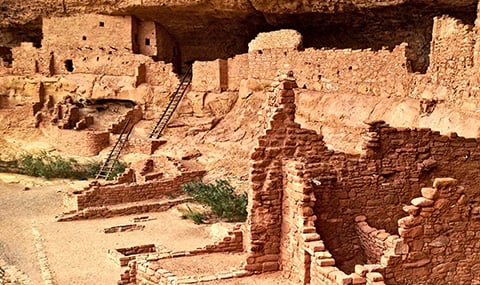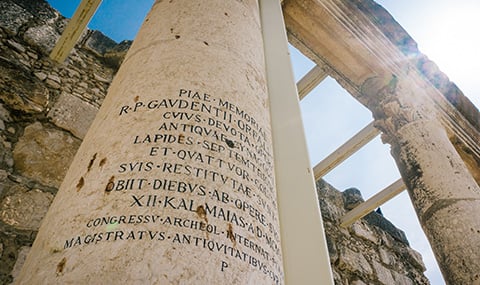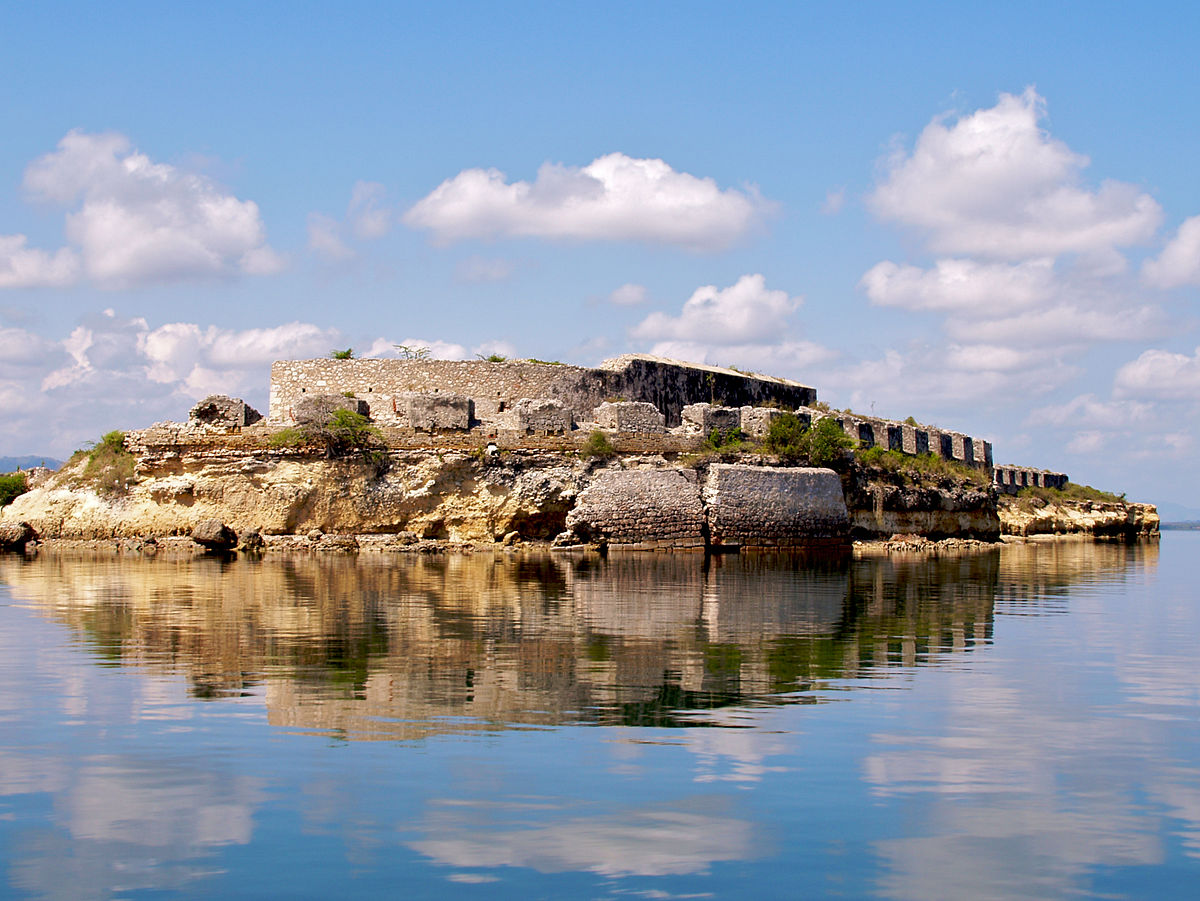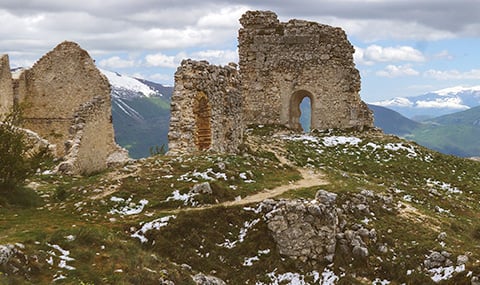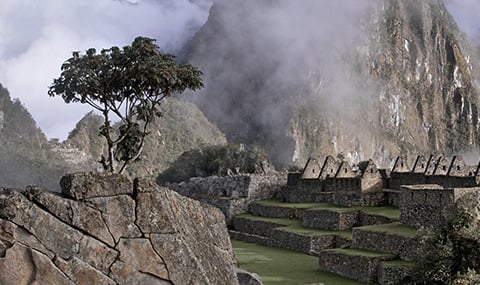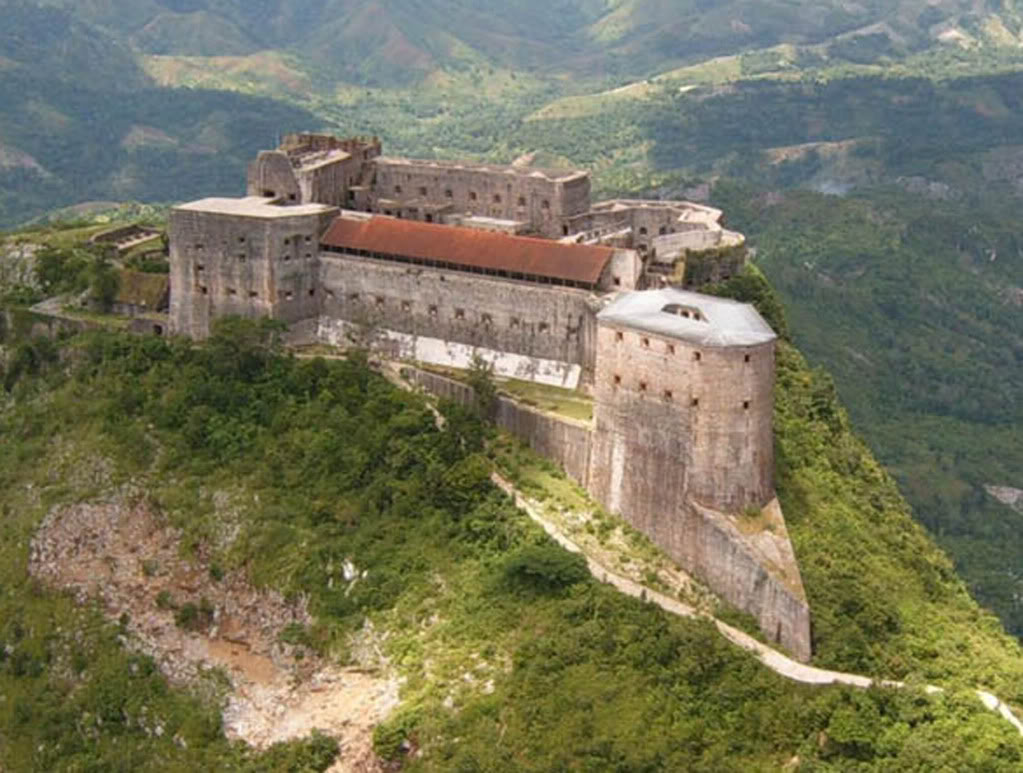Shows
We're keeping track of all the new and old TV shows coming out this year.
Mysterious events, compelling figures and great unanswered questions from the past are explored.
There are some historical mysteries that may never be solved. Sometimes, that's because the relevant excavated material has been lost or an archaeological site has been destroyed. Other times, it's because new evidence is unlikely to come forward or the surviving evidence is too vague to lead scholars to a consensus.
The lack of answers only makes these enigmas more intriguing. Here, Live Science takes a look at these historical sites that may never have definitive explanations.
What was Jesus really like?
The earliest surviving gospels date to the second century, almost 100 years after the life of Jesus (although recently, it was announced that a possible first-century fragmenthad been found).
The lack of surviving first-century texts about Jesus leave biblical scholars with a number of questions. When were the gospels written? How many of the stories actually took place? What was Jesus like in real life?
Archaeological investigations of Nazareth, Jesus' hometown, reveal more about the environment where he grew up. More recently, scientists discovered a first-century house that, centuries after Jesus' time, was venerated as being the house that Jesus grew up in, but whether it was actually Jesus' house is unknown.
Although new research will provide more insight, scholars think it's unlikely they will ever fully know what Jesus was really like.

History Secrets: Jean-Jacques Dessalines
What happened to Jean-Jacques Dessalines the first Haitian Emperor, and leader of the Haitian revolution and the first ruler of an independant Haiti under the 1805 constitution?

